Your cart is currently empty!
Treatment Methods
-
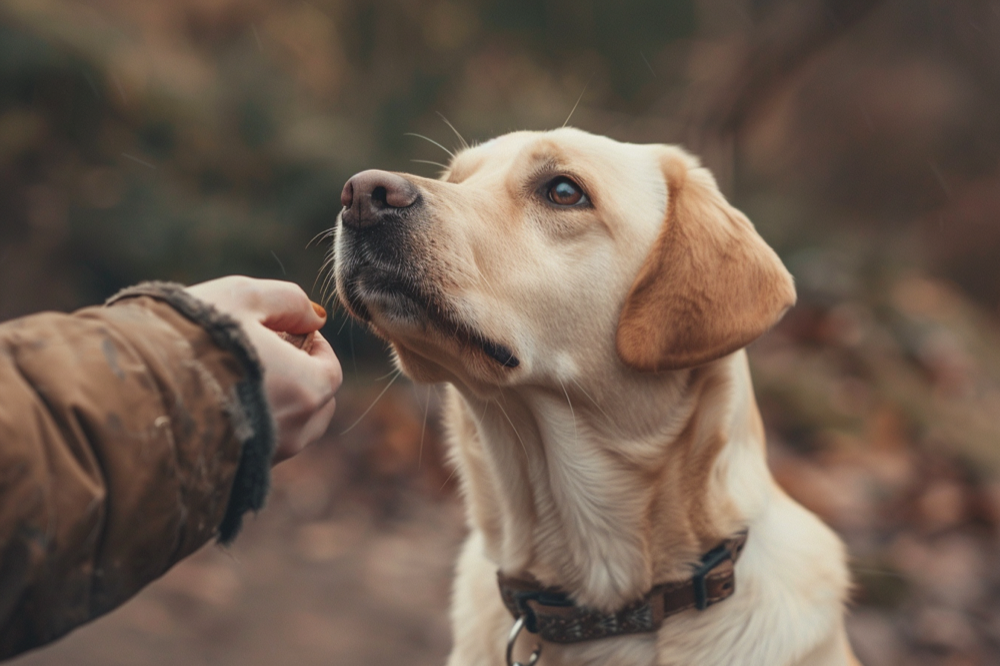
Understanding Positive Reinforcement: More than Giving Treats
Positive reinforcement is a concept many of us have heard of, especially when it comes to training our furry companions. The basic idea is simple: reward a behavior you want to see more of, and it’s likely to be repeated. However, when it comes to addressing aggression in dogs, the application of positive reinforcement isn’t…
-
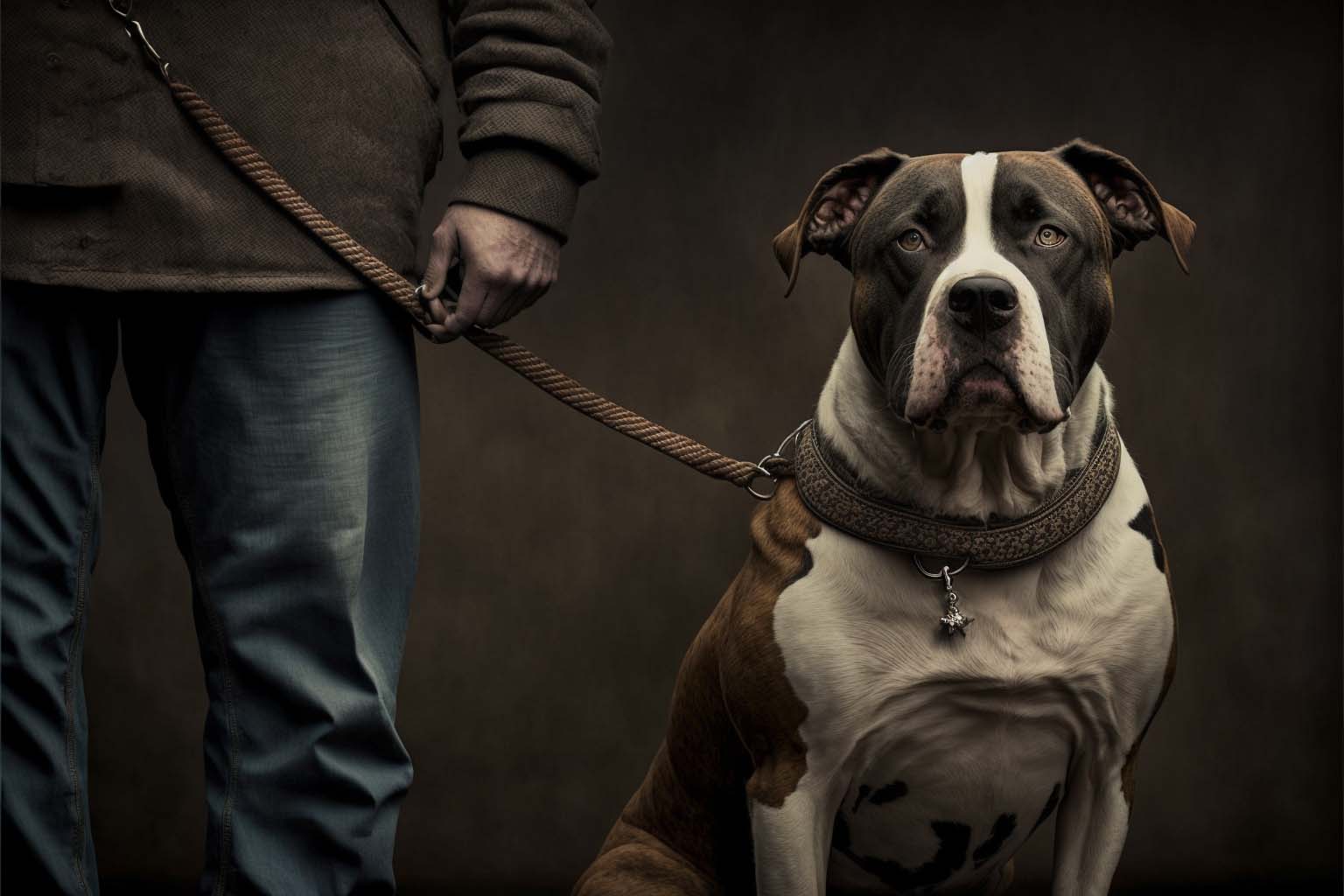
5 TREATMENT METHODS TO AVOID IN DOG TRAINING
Unfortunately there are still many trainers using aversive methods to train dogs. Adverse methods are focused on the end behavior and ignore the emotional state of the dog. Not only is it unnecessary, the emotional state of the dog should always come first. But when it comes to trying to deal with or treat aggression…
-

Dog training tip: training a dog that isn’t food motivated
This dog-training article about food motivation (see below) was written originally some time ago, and yet trainers still struggle with clients and others that insist their dogs are not food motivated (or worse – using food for training leads to euthanasia – yikes!) If you are new to training, you might be confused about who’s…
-
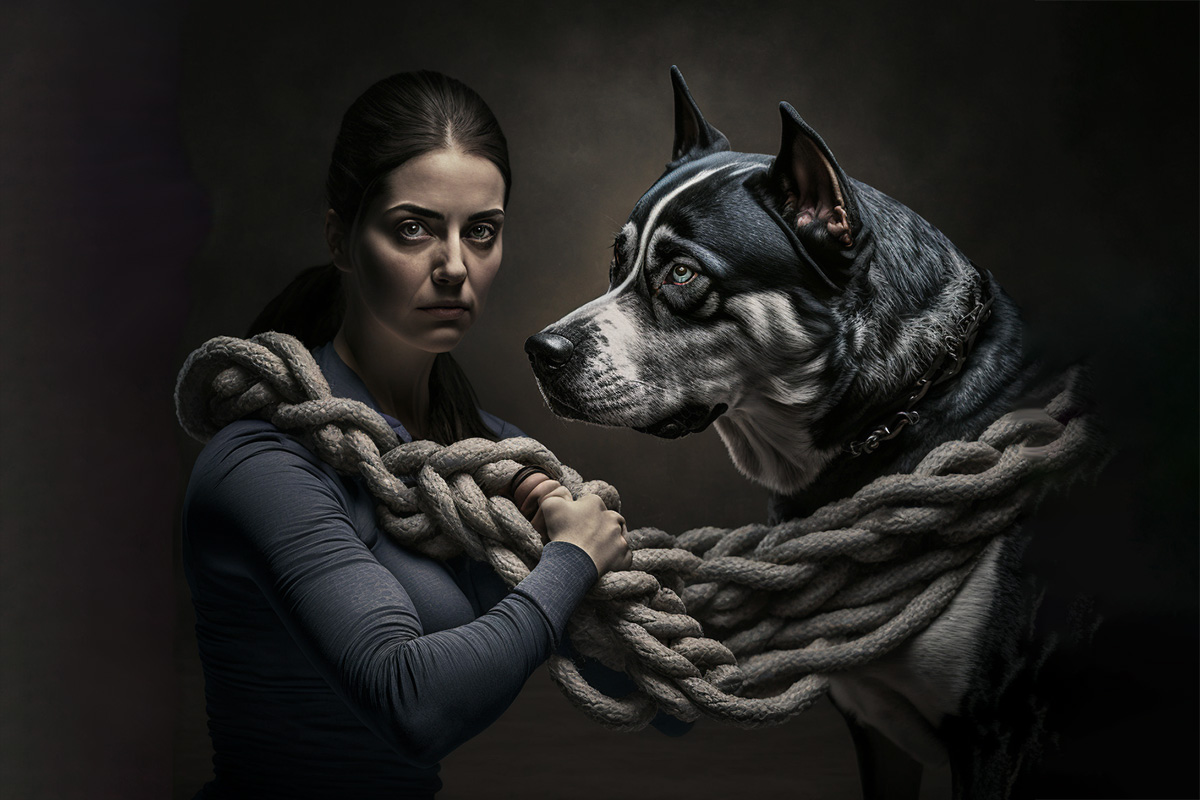
5 Harsh Realities of Treating Dog Aggression
On the surface treating dog aggression – if not a simple fix – can at least appear to be relatively straightforward. Teach your dog to do something that is incompatible with aggressive behavior. How hard can that be? Well, after the initial cycle of excitement and enthusiasm, there is the inevitable wake-up call to reality.…
-
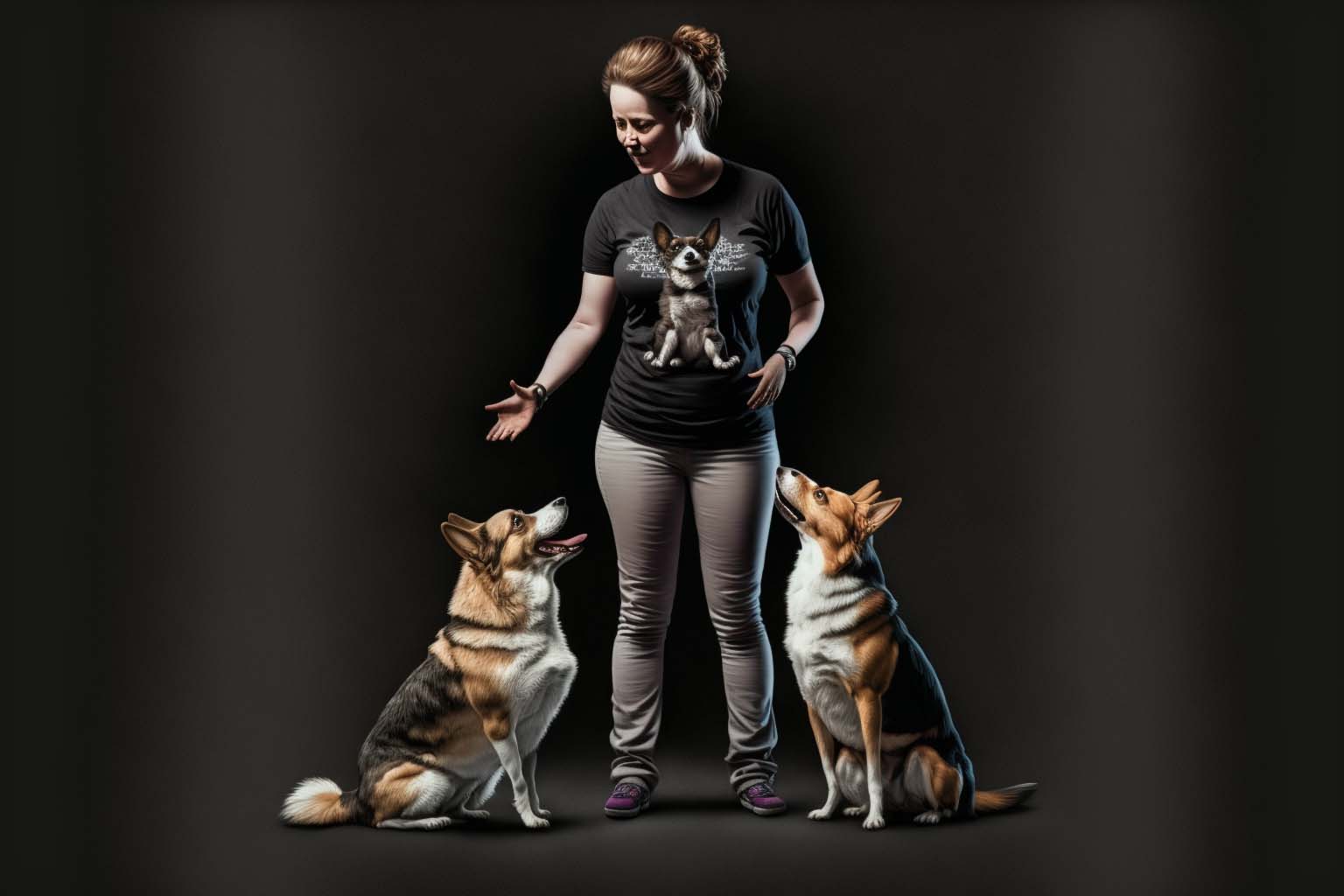
Training your aggressive dog to pay attention might help improve dog aggression
Training your aggressive dog to stop paying attention to something else and shift their to you will likely help to improve dog aggression. People with generalized social-phobia that have been trained to pay attention to non-threatening positive material and ignore threatening material, showed significantly greater reductions in self-reported, behavioral, and physiological measures of anxiety than…
-
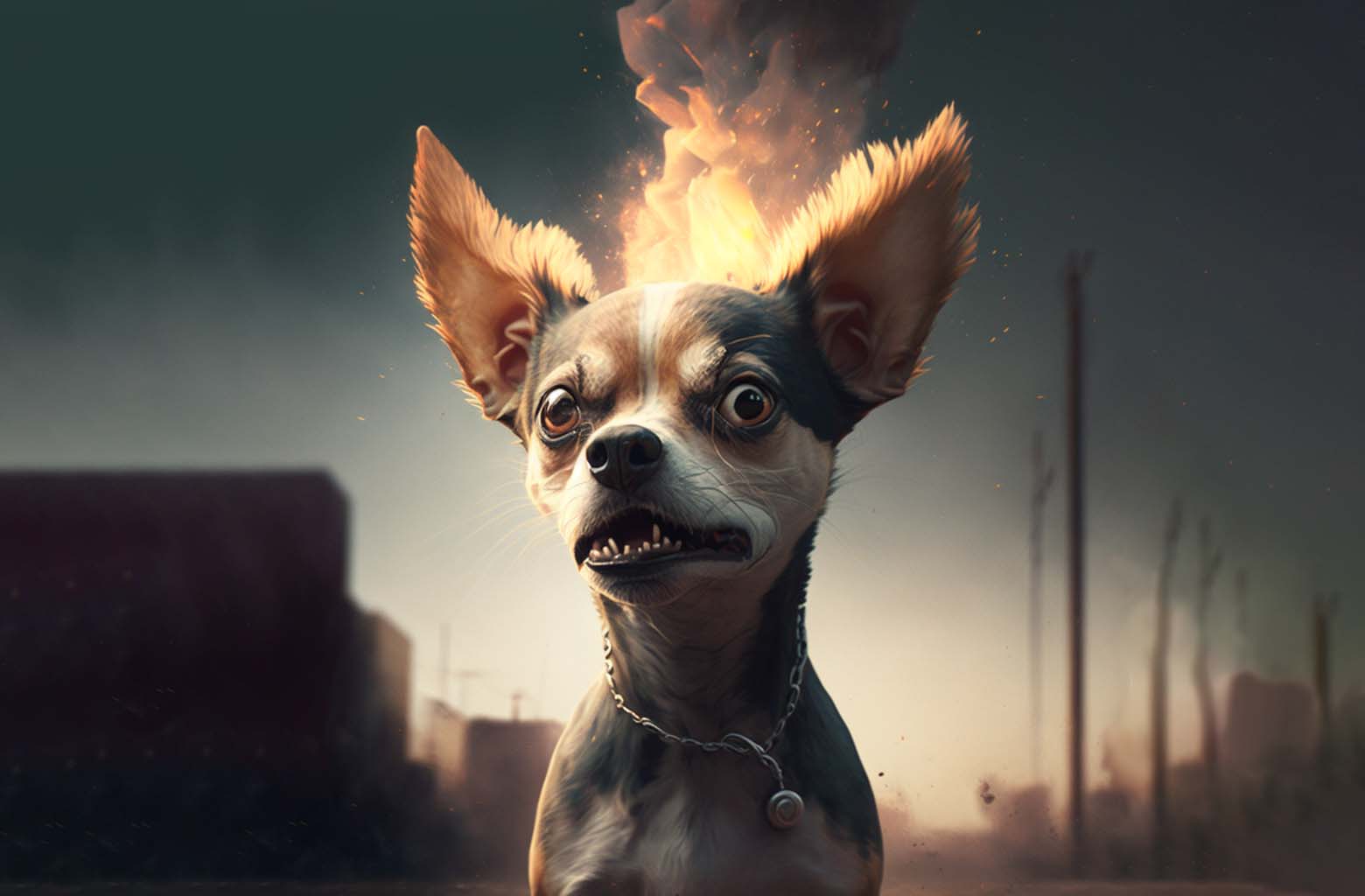
The World’s Worst Dog Aggression Advice
Everyone who has a dog seems to have an opinion on how to handle dog behavior problems and aggression is at the top of the list. Here is some of the worst advice for handing aggression in dogs that you should avoid. Being dominant, being “pack leader”, “alpha”, “top dog”, etc.. Act like Cesar Milan…
-
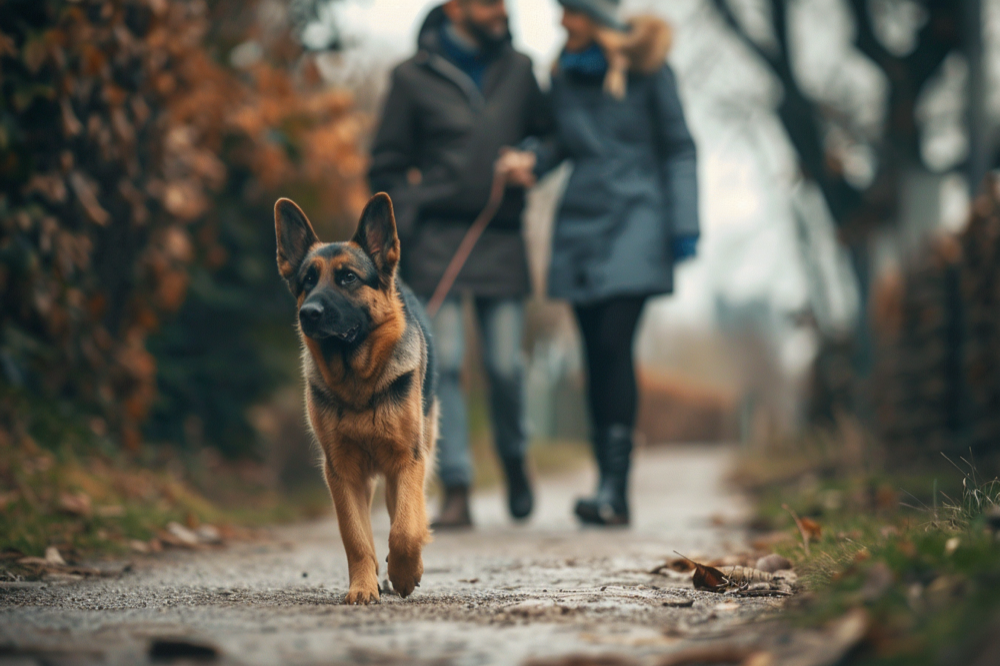
The importance of getting your dog’s attention at the earliest stage of aggressive arousal.
We and our dogs are unable to pay full attention to more than one thing at a time. Outside of dogs that are aggressive toward their owners, it means that if you can hold your dogs attention, they will not be attention to whatever else he is becoming aggressive towards. Dogs that are not attending to the threats…
-
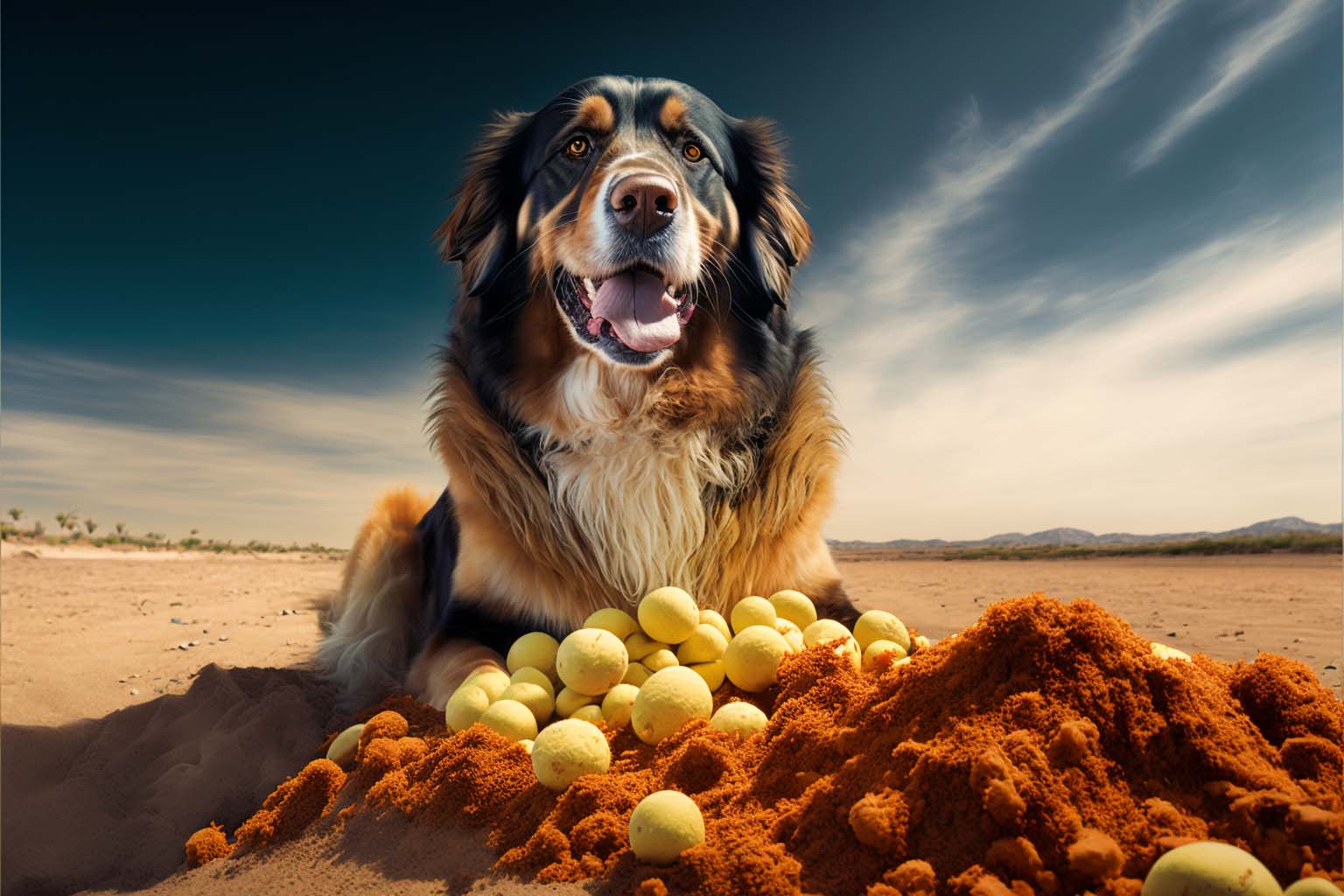
Environmental Enrichment (Part 4) Exercise and Play
This is part 4 in our Environmental Enrichment series. Part 1 talked about why it is important for aggressive dogs. Part 2 discussed how to implements it. Part 3 provided 15 examples to get your creative juices going. Here in part 4, we talk about the importance of exercise and play, but also about some of…
-

15 ways you can help your dog beat boredom (Part 3)
This is Part 3 of our Environmental Enrichment series where we give you 15 tips on how to mentally and sometimes physically stimulate your dog. Many of these suggestions involve food, since dogs would naturally spend a lot of time tracking down food in the wild. For example, African wild dogs spend an average of 3 and a…
-
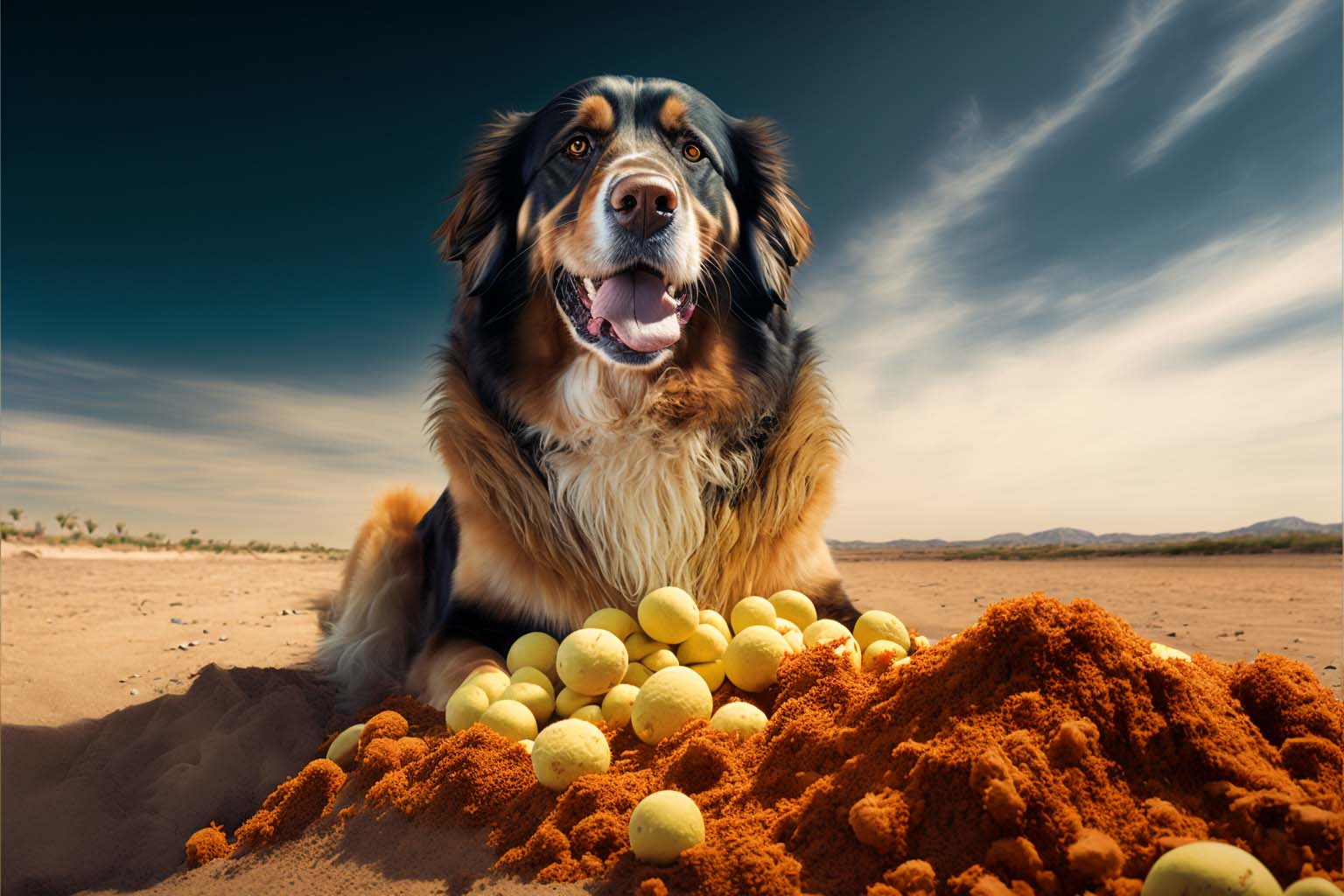
Environmental Enrichment (Part 1) Introduction
This week we are going to focus on environmental enrichment from our upcoming book on dog aggression. Environmental enrichment is discussed when it comes to dogs in shelters, but we don’t often see it in regards to treating aggression. Part 1 will be on why Environmental Enrichment is important. Part 2 and part 3 will…
